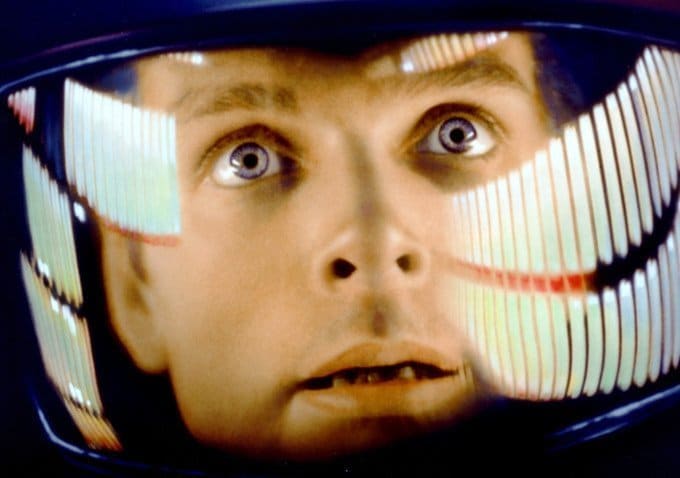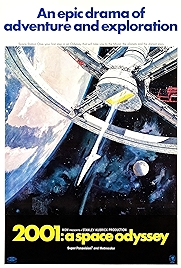A movie for every day of the year – a good one
5 October
Steve Jobs dies, 2011
On this day in 2011, Steven Paul Jobs died in Palo Alto, California, aged 56, of metastatic cancer of the pancreas. Famously fired in 1985 from Apple, the company he had started along with Steve Wozniak and Ronald Wayne in 1976, he went on to co-found Pixar, before being dramatically taken back by Apple in 1996, taking the company from near-bankruptcy back into profitability in two years. Jobs is often described as a visionary and regardless of whether you believe this was hype he had two insights which set him apart from his rivals. First, that the future of computing was not as a geek tool used by people who loved to code but as something which could be used intuitively. Second, that the computer could become the cornerstone of people’s lives if it was tied to leisure – games, music, movies. Jobs was also the first to understand that his company was perfectly placed to revolutionise the mobile phone market – not by producing a phone that did lots of other cool stuff (which is what everyone else was doing) but by producing a tiny but powerful computer which also made phone calls. Before Apple’s graphical user interface revolution (developed from work done by Xerox) of the early Macintoshes, computers relied on precise written commands, rather than point and click, or drag and drop. Before Apple’s launch of the iMac in a variety of candy colours, computers were beige and serious. Before iTunes and the iPhone – well, it’s almost like looking back into prehistory.
2001: A Space Odyssey (1968, dir: Stanley Kubrick)
Telling no less of a story than the journey of humanity from the defining moment when it violently split from the apes to its subsequent eventual mutation into a mind at one with the cosmos, Stanley Kubrick’s sci-fi film certainly doesn’t lack ambition. “In space no one can hear you scream”, ran the tagline to Ridley Scott’s Alien, released 11 years later. But the thing about most films set out in space is that you can. Not in Stanley Kubrick’s 2001 you can’t – spaceships move noiselessly through the vacuum of space, just one instance of the purpose and vision of Kubrick and writer Arthur C Clarke. Another is HAL 9000, surely the most famous and influential computer in screen history. HAL, soft of voice, veiled of intent, is on the American Film Institute’s list of film villains, coming in at number 13 between Alex Delarge (Malcolm McDowell) of Kubrick’s A Clockwork Orange and the Xenomorph (ie the Alien, played by Bolaji Badejo) in Ridley Scott’s Alien. Which isn’t bad considering he’s little more than a voiceover (by Douglas Rain). In fact it could be claimed that HAL is the most significant character in 2001: A Space Odyssey. HAL certainly has more personality than the other contender, the astronaut Dr Dave Bowman (Keir Dullea – about whom Noel Coward had famously and cruelly quipped, “Keir Dullea, gone tomorrow”), and even has an emotional character arc, going from being patronising, to wheedling, to pathetic (“Dave, stop. Stop, will you?”) in very short order. The sentient, malevolent computer has since become a meme, recurring in Logan’s Run, The Forbin Project, Alien, Terminator, The Matrix, Moon (in which Kevin Spacey’s voiceover of Sam Rockwell’s computer quite deliberately mimics HAL), and plenty more. And as we all spend increasing chunks of our lives stuck in front of screens, banging away at keyboards, it’s easy to understand why.
Why Watch?
- Along with Metropolis, the most important sci-fi film ever made
- Douglas Trumbull’s revolutionary SFX – he’d go on to work on Close Encounters and Blade Runner. He turned down Star Wars
- This is why some people believe Kubrick filmed the moon landing
- The final “Stargate” sequence – a rite of passage at the time for any self-respecting user of psychoactive recreational drugs
2001: A Space Odyssey – at Amazon
I am an Amazon affiliate
© Steve Morrissey 2013

